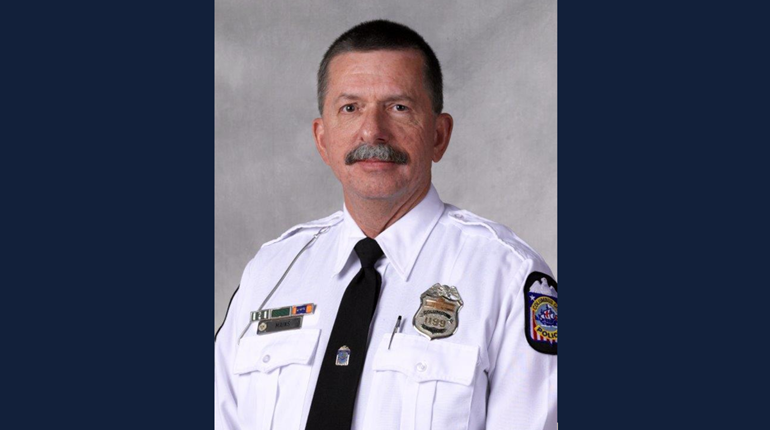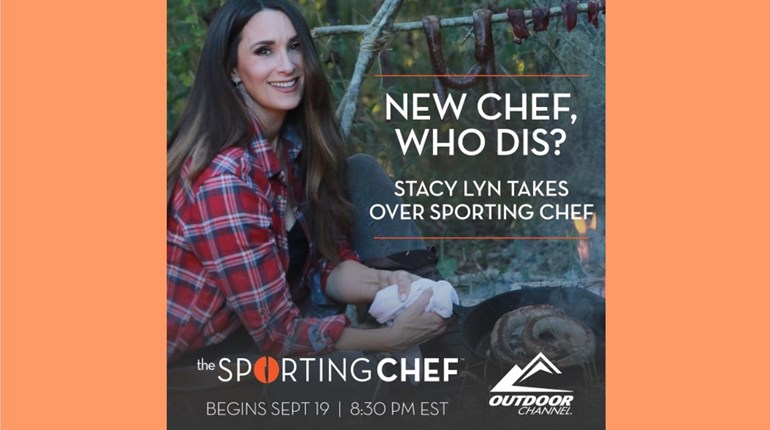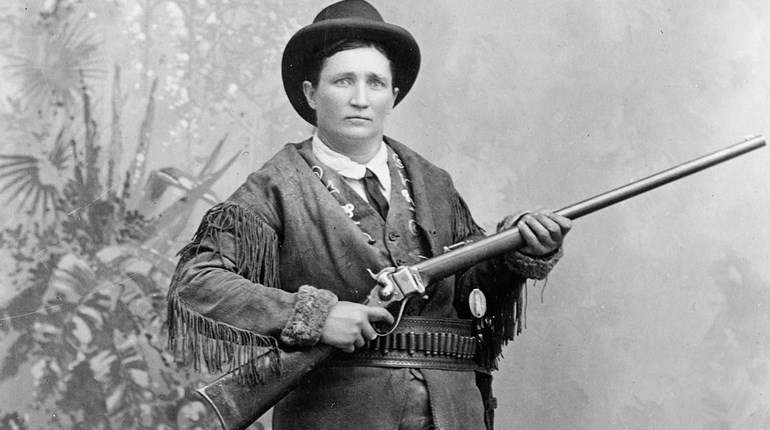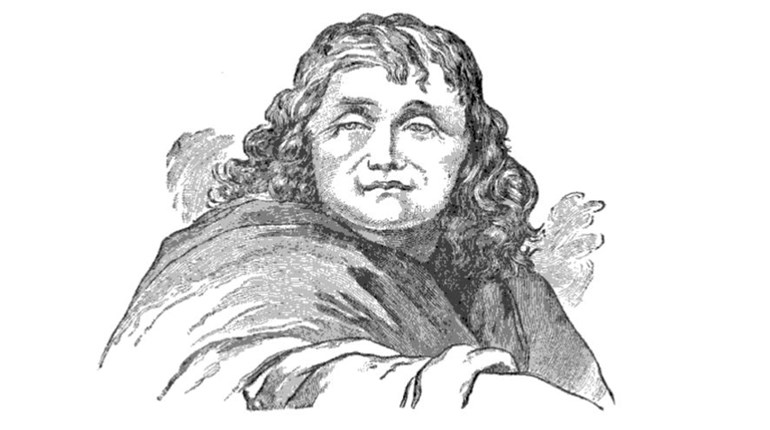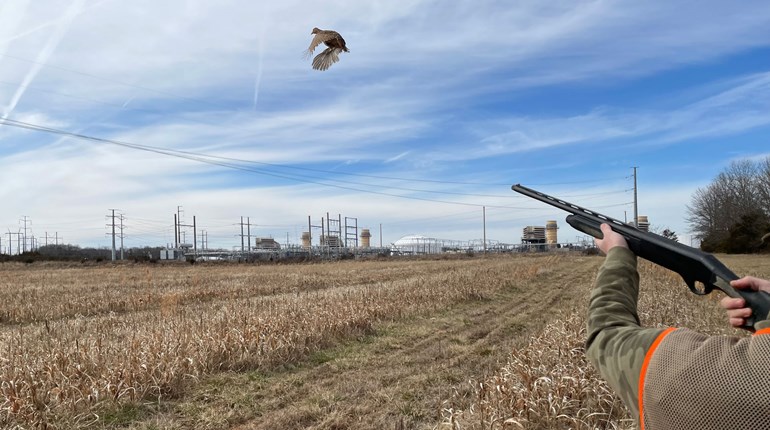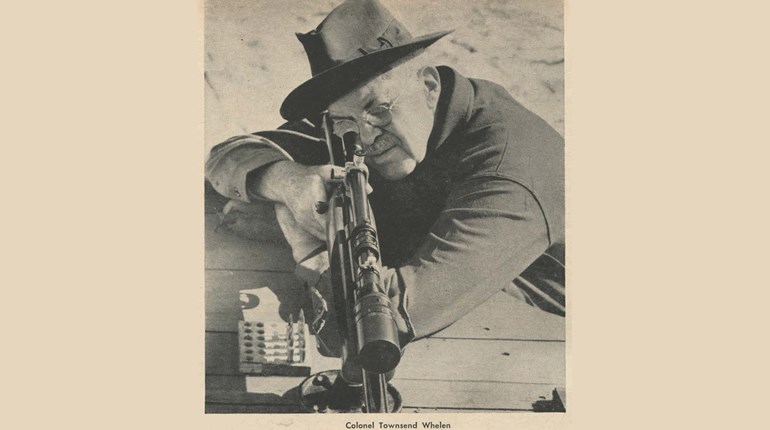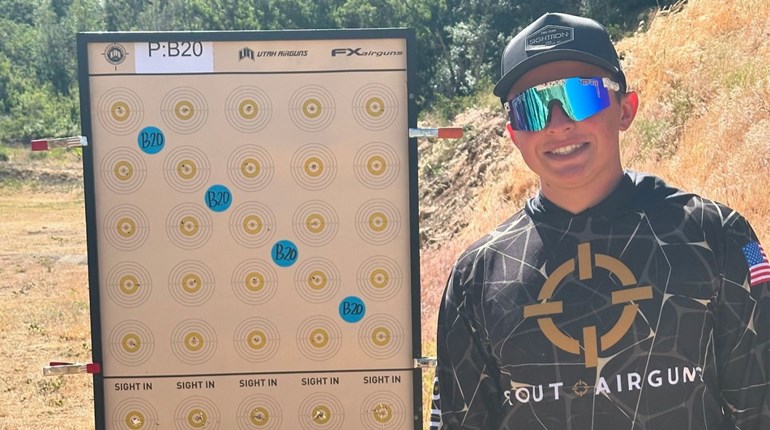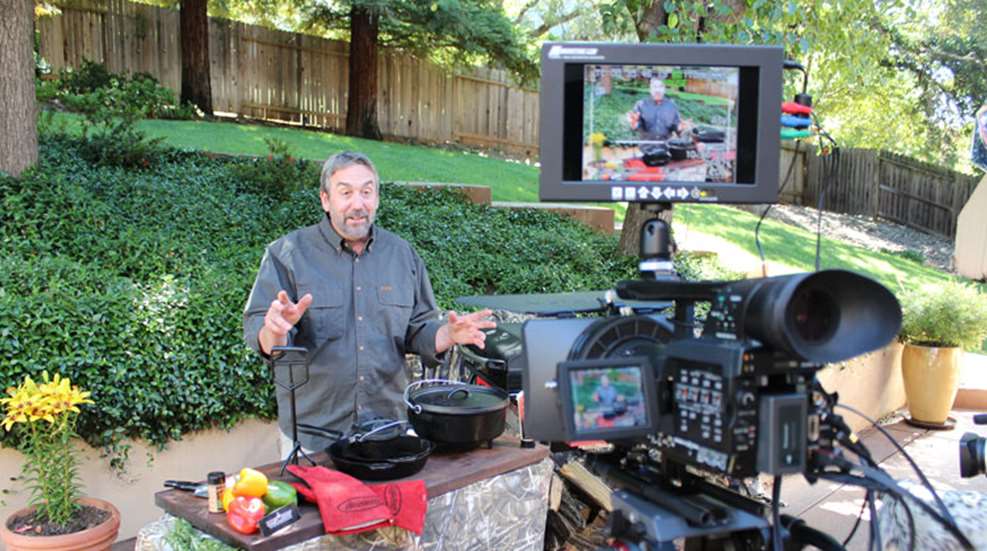
“Although I had always enjoyed cooking—especially fish and game cooking—I never considered it as a career choice,” says Scott Leysath, known today as The Sporting Chef and co-host of the television series HuntFishCook. He’s also the author of two cookbooks on wild game, the cooking editor for Ducks Unlimited Magazine and a writer of numerous articles for outdoor-themed magazines.
The Early Years
So how did this psychology major become a celebrity chef? It all started with a part-time job as a restaurant doorman in Tucson, Ariz., during Leysath’s senior year in college. Upon graduation, he was offered a job as assistant manager for another restaurant within the same organization. Two weeks of learning how to be a bartender, cook and manager was followed by eight years working his way up to vice president of management development for the entire 33-unit chain.
By this time, the lifetime hunter and fisherman was ready for a change. Leysath moved to Sacramento, Calif., and—in partnership with a local celebrity—opened a restaurant featuring wild game. “We invited customers to bring in their cleaned fish and game, and we’d prepare it for them,” says Leysath. “We caught the attention of local media with annual feeds that featured dozens of dishes using both farm-raised and wild game and fish.”
They also catered banquets for sporting groups such as Ducks Unlimited, the California Waterfowl Association and the Rocky Mountain Elk Federation. Leysath’s passions—hunting, fishing and cooking—had combined to make one “cool job.”
Leysath’s cooking career took another turn when he became executive chef on the HGTV television show, Paul James’ Home Grown Cooking, a job he held for three seasons. Writing began to take up more of his time, too—a cooking column for an association magazine led to requests for articles and recipes from other magazines and even radio stations. And starting in 1990 and continuing to this day, he worked on KFBK’s Outdoor Show with Bob Simms in northern California. All these activities paved the way for the HuntFishCook show.
A Typical Day
When asked about a typical day on the job, Leysath is quick to reply that there is no such thing. “Much of what I do has to do with the HuntFishCook TV show,” he explains. This includes taping shows and lots of time in the kitchen developing new recipes and working with the show’s sponsors to make sure their products are well presented.
Leysath also spends a great deal of time on the road with personal appearances, guest chef gigs and, of course, taping even more shows. “I’ve done about 1,000 actual demonstrations,” says Leysath, “and that’s a lot of prep, cooking and talking about fish and game. My clients include sportsman’s expos, food festivals and corporate groups.”
Keeping up with fish and game orders takes time, too. Leysath uses both harvested game and game from suppliers. The latter “are free ranging,” says Leysath, “but raised in more controlled environments than true wild game.”
As to his favorite part of the job, Leysath has no doubts whatsoever. “The hunting and fishing,” he says. “As much as I enjoy cooking fish and game, I’d much rather be in the field than in a kitchen. I’m thankful that I get to hunt and fish in some pretty cool places across the country, places I always dreamed about as a kid.”
So it’s somewhat surprising that his least favorite part of his job is the travel. “Getting around airports is an annoying necessity,” explains Leysath. He also misses his wife and 14-year-old son Jake when he’s on the road—“even when I’m fishing for salmon in Alaska or bird hunting in South Dakota,” he insists.
Keep It Simple
Both Leysath’s cookbooks and the HuntFishCook show reflect his philosophy of “short attention span cooking.” “If you look at a recipe and it’s three pages long, chances are slim that you’ll take the time to prepare it,” says Leysath. “On the other hand, if you can throw a few fresh ingredients into a hot skillet and it tastes great, why not?”
So Leysath likes to keep his recipes and his demonstrations fairly simple. He concentrates on ingredients that most cooks have in their home and on recipes that require “a handful of ingredients and a pan or two.”
During his one-hour demonstrations, Leysath will prepare as many as eight to 10 dishes, offering cooking tips and samples for the audience to taste. “Too often, cooking demonstrations are about the chef’s ego and not about giving others a few good tips to make their game taste better,” says Leysath. “I get great satisfaction from returning to a place where I’ve demonstrated in the past and having people tell me that their game never tasted better thanks to a tip or two I gave them during the previous visit.”
The Making of a Wild-Game Chef
Just liking to cook will not make you a wild-game chef. You must be willing to try eating and cooking food that is prepared in ways you have not tried before or with which you are unfamiliar. “One of the items I cook during appearances is rabbit-rattlesnake sausage,” says Leysath. “It’s commercially made just like any other sausage, but some people won’t even consider a bite or two because it has rattlesnake in it. If you’ve ever eaten any sausage, you’ve probably ingested worse things than rattlesnake … really.”
Keeping an open mind is a must, insists Leysath. “If you want to learn how to cook anything, you have to at least try different styles of cooking.” Take fish, for instance. Maybe you think you like only grilled salmon. Sushi? No way! But, says Leysath, “you have to try several sushi dishes before you decide whether you like it or not. “Those who simply say ‘I’m not eating bait’ shouldn’t consider a career in cooking.”
As to education, “If you’ve got the time and money,” says Leysath, “culinary schools are a great way to learn how to cook just about anything.” But many chefs—like Leysath—got their education on the job. “Most of the best chefs I know have worked in many different restaurants and have picked up valuable cooking techniques along the way,” he says.
Looking to Your Future
Chef Leysath is proof that combining your passions can lead to a job that’s a perfect fit. If you’re adventuresome about what you eat, enjoy cooking and love the taste of wild game, you might consider becoming a wild-game chef. If you’re also passionate about hunting and fishing, this cool job could very well be the perfect fit for you, too.
To learn more about Scott Leysath or to see the schedule for his show, click here.













